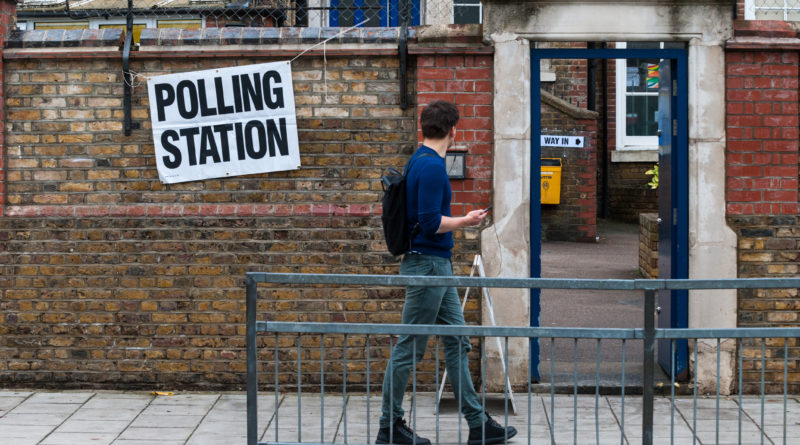EU nationals will be able to vote in May 2019 local UK elections
EU nationals living in the UK will be able to vote and stand as candidates in the local elections of May 2019, said Cabinet Office minister Chloe Smith.
In a letter to the Association of Electoral Administrators, Smith confirmed that the government does not expect to change the rules on candidacy and voting rights in England and Northern Ireland before May 2019. Scotland and Wales are responsible for their own arrangements.
The minister added that candidates who are elected in or before May 2019 “should be able to serve that term of office in full”.
As stated by @NorwichChloe in an answer to a PQ last week, EU citizens will have voting and candidate rights in the forthcoming (May) local elections. Confirmation and detail in this letter to @AEA_Elections. pic.twitter.com/m7pcGwA7jv
— Idox Elections (@IdoxElections) November 8, 2018
The same statement was made in response to a written parliamentary question. As the UK is due to leave the European Union in March 2019, it is unclear whether the 3.5 million EU nationals in Britain will maintain their electoral rights past May.
Electoral rights excluded from Brexit talks
Electoral rights of EU nationals residing in other EU countries derive from EU citizenship rules. They are recognised in the EU Treaty and in the EU Charter of Fundamental Rights, and a specific EU directive explains how they work.
However, these rights have not been part of the Brexit negotiations because British nationals will no longer be considered EU citizens after 29 March 2019 (Brexit date) and voting rules are decided on a national basis.
“The UK pushed hard in negotiations for reciprocal voting rights for EU citizens in the UK, and UK nationals in the EU, but they will not form part of the withdrawal agreement,” said minister Smith. “The government has made clear that we will seek to discuss this issue bilaterally with individual member states with a view to protecting the rights of UK nationals resident in those member states, where they will not otherwise continue.”
Some EU countries, such as Denmark, Finland and Sweden, allow residents to vote in local elections regardless of their country of origin.
In Finland, any person who is 18 and has resided in the country for at least three years can vote for local councils. In Denmark and Sweden the residency requirement for non-EU nationals is three years. The Swedish Left Party has recently proposed to grant voting rights to residents also for general elections.
According to a report by the European Commission, on average only 54% of EU citizens living in another EU country are aware of their right to vote and stand as a candidates in municipal elections.
Claudia Delpero © all rights reserved.
Photo by Maciek Musialek © European Union, 2016. Source: EC Audiovisual Service.




